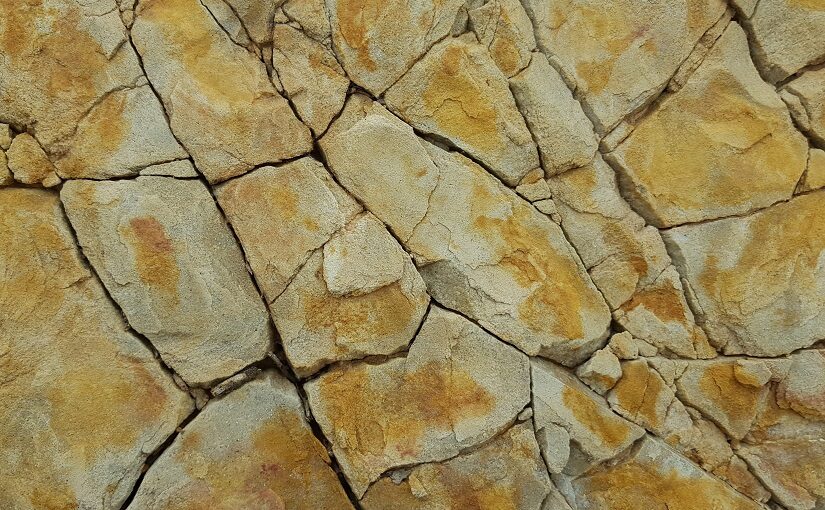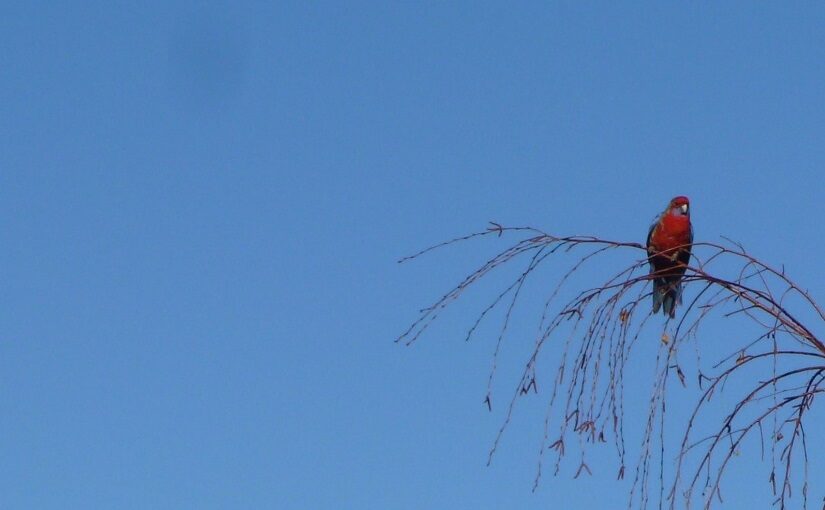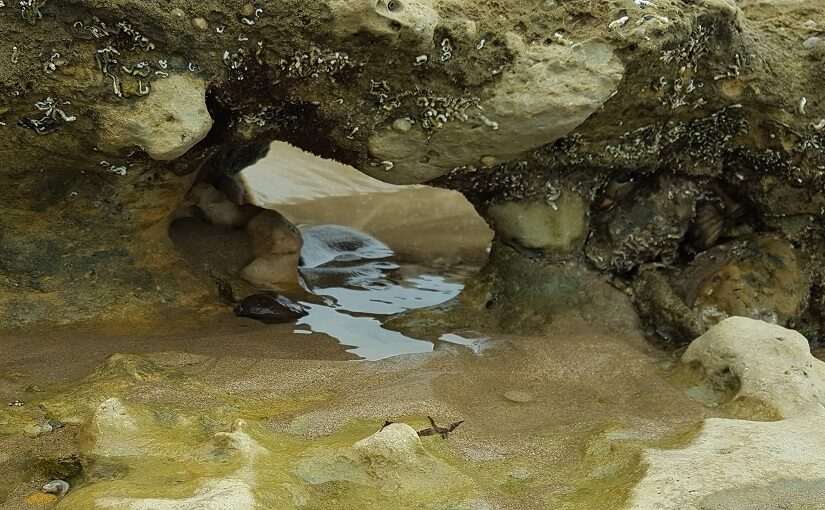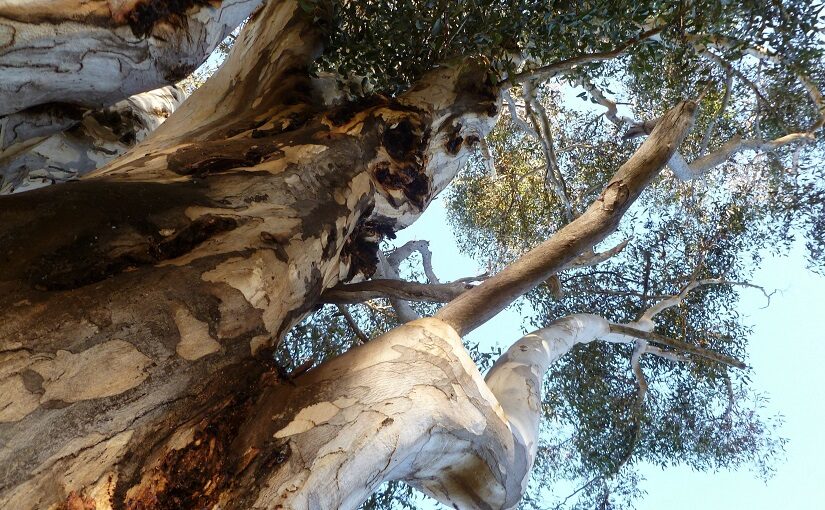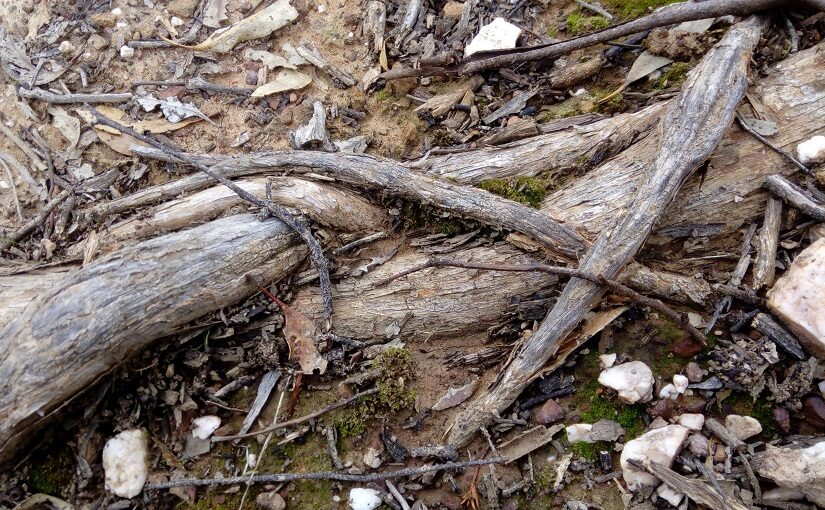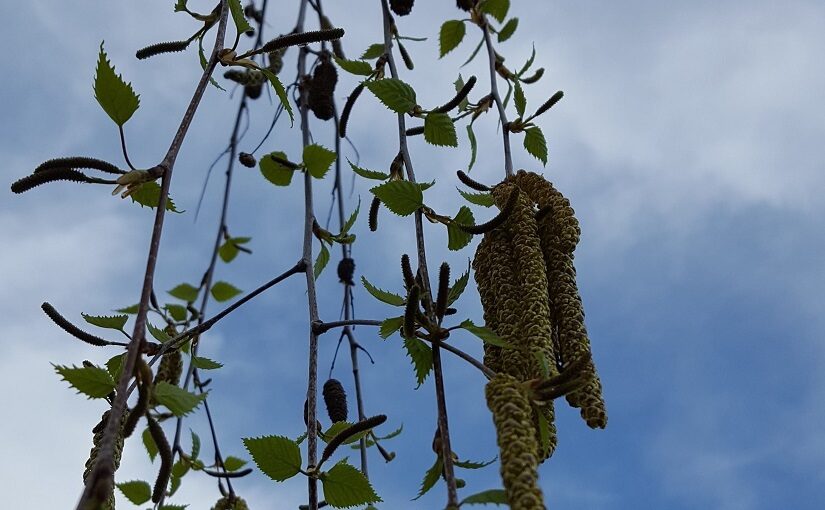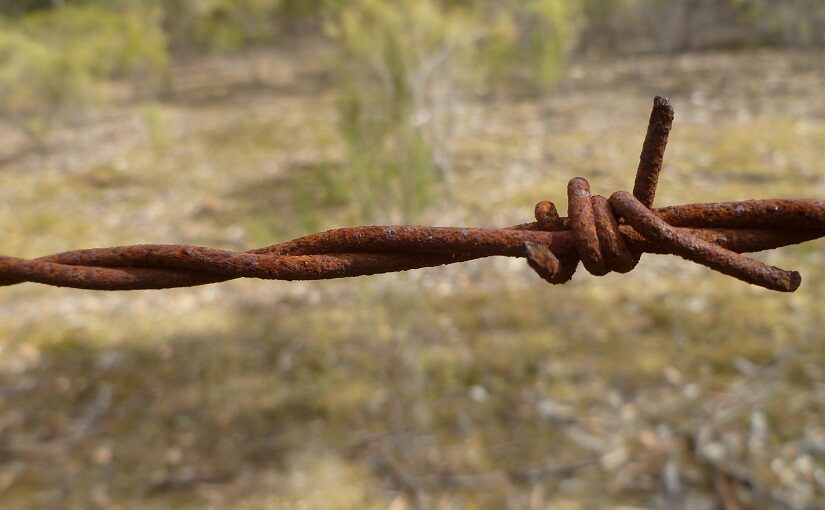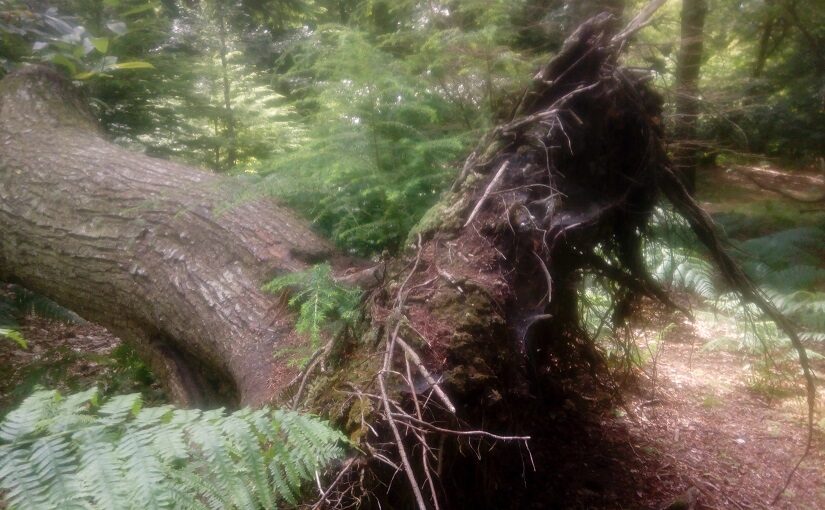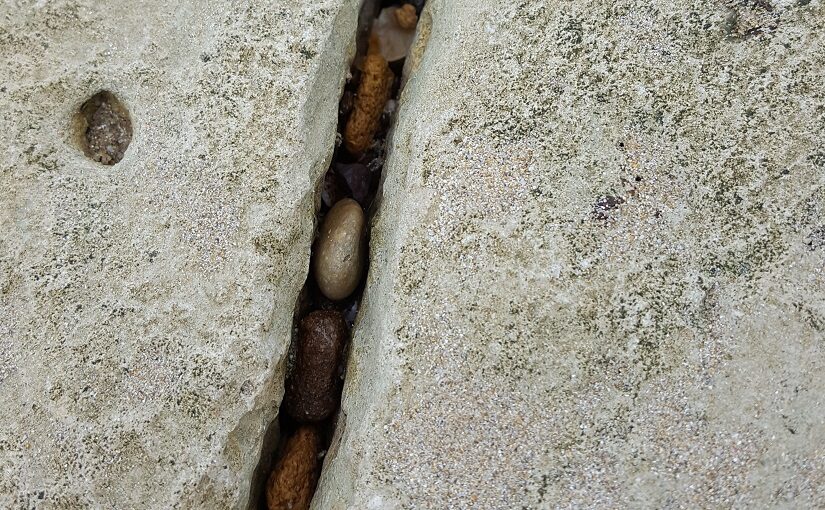If everything in life now exists as a marketplace – whether it’s ideas, perspectives, products, lifestyles or paths – what does that mean? Are all our options now simply something to compare, weigh up and piece together into the kind of person we want to be? As if “life” is now choices and our role is to freely decide, between them all, which things matter most to us.
Sometimes it seems as if the world’s been taken apart and put back together upside down – as if our values and reasons for living are, somehow, inverted. Isn’t there a circularity between our needs and motivations? Those needs, particularly the psychological ones, seeming almost limitless, perhaps we’ll be peddling forever, churning through these finite resources, in the hope of somehow feeling satisfied and worthwhile. (Notes One)
If markets are “there” to meet our needs, yet, to justify and expand their own existence, they begin manufacturing shortages we never knew we had, might we not be chasing those imaginary targets forever? Never quite reaching the goalposts, as they inevitably inch further and further down the path in front of us. Led, like the Pied Piper, into some sort of prison of our own making.
Because, what are we really seeking? How much of the “choice” laid before us is truly necessary, or are we dealing here with the relative merits of various forms of luxury? It just seems there’s always something else – some new item, development, standard we should be chasing. As if, in our desire to belong, fit in or be admired by our peers, we’ll forever be seeking the next thing in an endless race to nowhere.
Isn’t it all rather meaningless? As if we’re just churning through “things”, saying they give our lives meaning, when all we’re actually doing is exchanging our time for money, and money for things. Are we really just trading in the hours of our existence? Maybe I’m reading it wrong.
Of course, there’s meaning behind many things: behind expressing who we are and showing we care enough to maintain our appearance; behind taking part in the long human conversation of forms, colours, trends and the significance assigned to them; behind sharing experiences, be they meals or events, and discussing afterwards what we made of them (Notes Two). Life perhaps “is” all these activities we partake in.
Maybe, then, it’s more a question of where our focus is? Whether we’re focussed on “the thing”, “what we’re told it means” or “what it really means.” If we’re believing things will give us something they never can – worth, acceptance, value, purpose, meaning – we may be engaged in a fruitless pursuit. If we know our worth and understand the true cost of what we’re doing, maybe there’s no problem. (Notes Three)
As long as we’re not looking for something markets can never give – as long as we know the true value of everything involved – maybe it’s true they’re an incredible opportunity to meet all our needs and solve all our problems.
Notes and References:
Note 1: The value we’re giving to things
Note 1: Goods & the wisdom in scarcity
Note 1: The beauty in home economics
Note 1: Cycles of mind & matter
Note 1: What’s not essential
Note 2: Involvement in modern culture
Note 2: The stories that we hear
Note 2: Meaning in a world of novelty
Note 3: Ethics, money & social creativity
Note 3: Points of sale as powerful moments
Note 3: Losing the sense of meaning
Note 3: What we create by our presence

